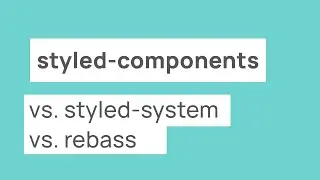VR Visual Eye Exercise App For Oculus (Amblyopia)
Try it out www.simplevisionvr.com
These exercises can help with problems like lazy eye, amblyopia, double vision, and more.
How it works:
While wearing the oculus headset, you select which eye you’d like to improve (left or right). The ‘X’ will only be displayed in the viewport for the eye you’d like to strengthen, and the red circle will appear in both viewports. The idea is that as the object movies in/out, left/right, up/down, you are able to train your brain to use the signal from your weaker eye.
It is surprisingly effective. I noticed improvements in my reading speed after ~5 minutes of use.
If you’d like to try the app, leave a comment below.
Relevant studies:
"The binocular imbalance test, using a Virtual Reality device, is easy for patients to understand, fast, repeatable and valid. VR is a promising technique in amblyopia treatment. Adjusting contrast to rebalance binocular vision within a VR headset opens the possibility of new treatments based on this technology."
(https://www.ncbi.nlm.nih.gov/pmc/arti...)
"Dichoptic training using a virtual reality head mounted display seems to be an effective option of treatment in adults with anisometropic amblyopia. Future clinical trials are needed to confirm this preliminary evidence."
-(https://bmcophthalmol.biomedcentral.c...)
"In the case of amblyopia, few studies have explored the possibility of integrating perceptual learning and dichoptic stimulation approaches, which have a long history of suggesting effectiveness in improving visual skills, into VR environments.
In this context, results obtained from this line of research are positive, but there is still an important lack of well-designed studies suggesting a sustained effect on vision outside the intervention period."
(https://www.hindawi.com/journals/joph...)
"VR dichoptic and perceptual learning training seems to be a useful therapeutic option for achieving a successful visual rehabilitation in amblyopic patients, allowing the clinicians to control changes in interocular suppression, which is considered one the main factors leading to cortical alterations in amblyopia17. The promising results of VR-based training in amblyopia should be confirmed in more studies, including randomised clinical trials."
(https://europe.ophthalmologytimes.com...)
*Not a medical device. Not medical advice.*















